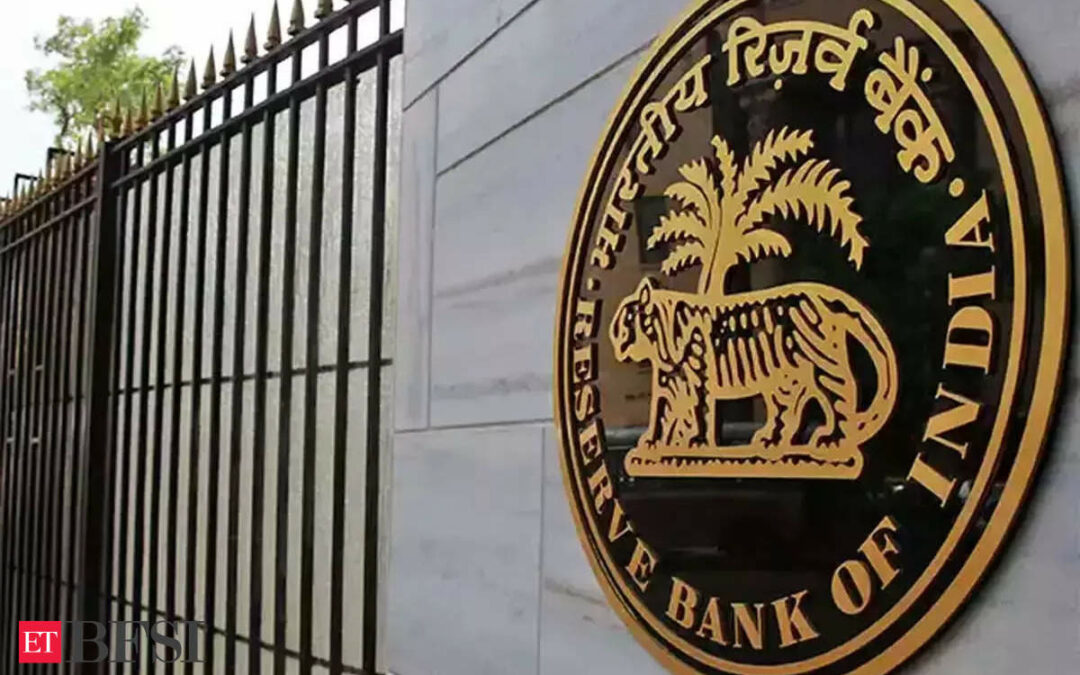The Reserve Bank of India (RBI) has recorded 144,400 complaints under the Ombudsman scheme in the current fiscal so far, with 94 per cent already resolved, according to the government. The remaining 8,604 complaints are pending. All complaints from the past three financial years have been addressed.
The data indicates a declining trend in the number of complaints received by the central bank over the past three financial years. In the 2022-23 fiscal year (April-March), the RBI received 234,690 complaints, down from 304,496 in 2021-22 and 382,292 in 2020-21.
In the last fiscal
The Reserve Bank of India’s ombudsman scheme saw over two lakh complaints against banks last fiscal till November. While most complaints related to ATM/ debit cards, complaints against NBFCs were mostly for non-adherence of fair practices code. Under digital transactions, most complaints were regarding fund transfers/ UPI/ BBPS/ Bharat QR Code, according to the RBI.
Under Banking Ombudsman Scheme (BOS), about 2,09,196 complaints were received between April 1 and November 11, 2021, of which complaints related to ATM/ Debit Cards, were the highest at 14.65 per cent, followed by complaints related to Mobile/ Electronic Banking at 13.64 per cent. The majority (66.11 per cent) of the maintainable complaints were resolved through mutual settlement/conciliation/ mediation and a total of 17 Awards were issued under BOS. During the year 51 Appeals were received against the decisions of the Banking Ombudsmen (BOs) under BOS.
The RBI measures
To fortify the customer grievance redressal system, RBI Governor Shaktikanta Das, on October 6, announced changes to consolidate and harmonise the Internal Ombudsman guidelines into a single master direction. This move aims to enhance the customer grievance redressal system for regulated entities.
The Internal Ombudsman (IO) mechanism was introduced by the RBI in 2015 in select scheduled commercial banks. Its objective was to strengthen the Internal Grievance Redress (IGR) system, ensuring efficient and fair resolution of customer complaints with an apex-level review within banks before rejection.
Over time, this framework expanded to include other regulated entities such as select Non-Bank System Participants, Non-Banking Financial Companies, and all Credit Information Companies.
Governor Das emphasised the need for harmonisation based on lessons learned from the existing IO guidelines. The consolidated master direction aims to bring uniformity to matters like complaint escalation timelines, exclusions, temporary absence of the Internal Ombudsman, minimum qualifications for appointment, and reporting format updates. The introduction of the Deputy Internal Ombudsman position is also part of this initiative.
ETBFSI now has its WhatsApp channel. Join for all the latest updates.











